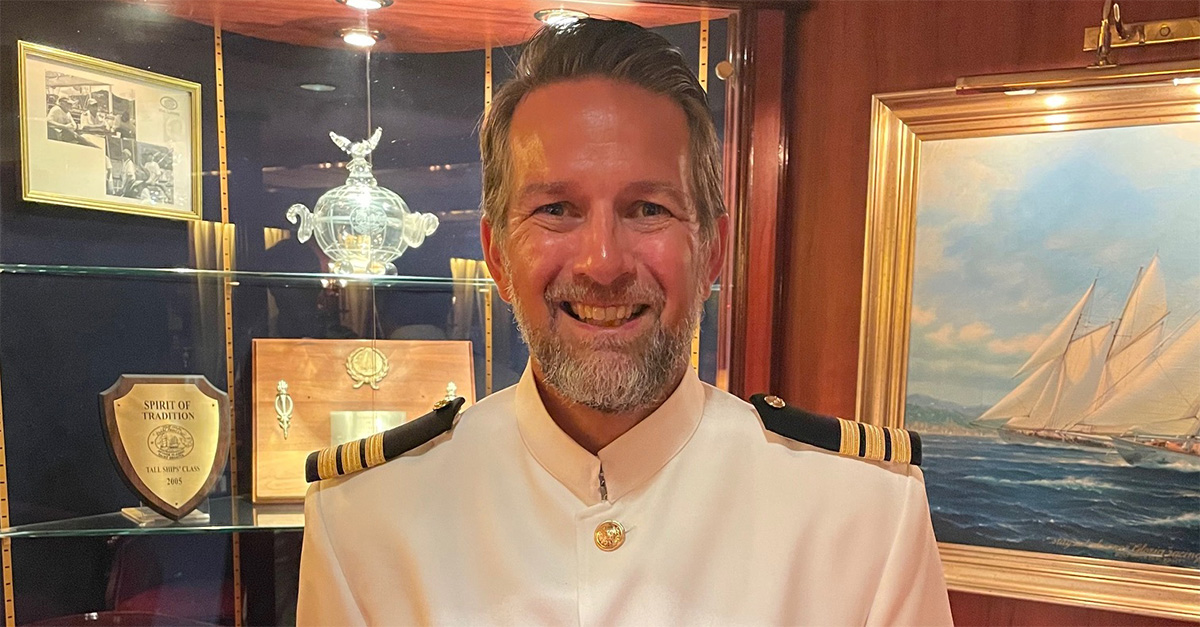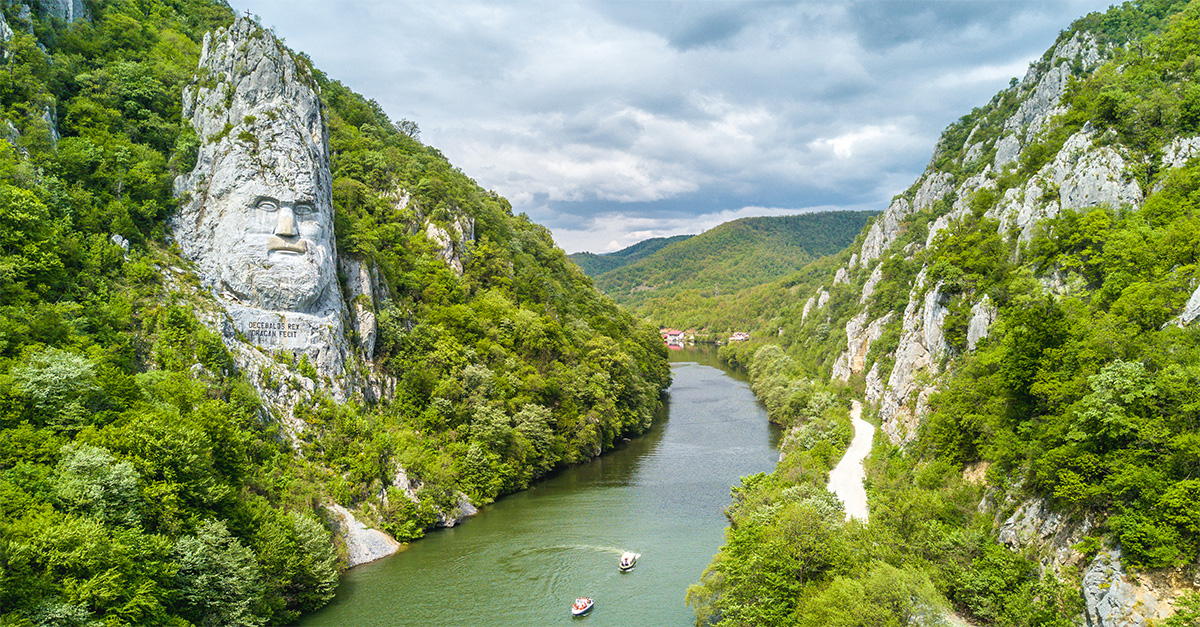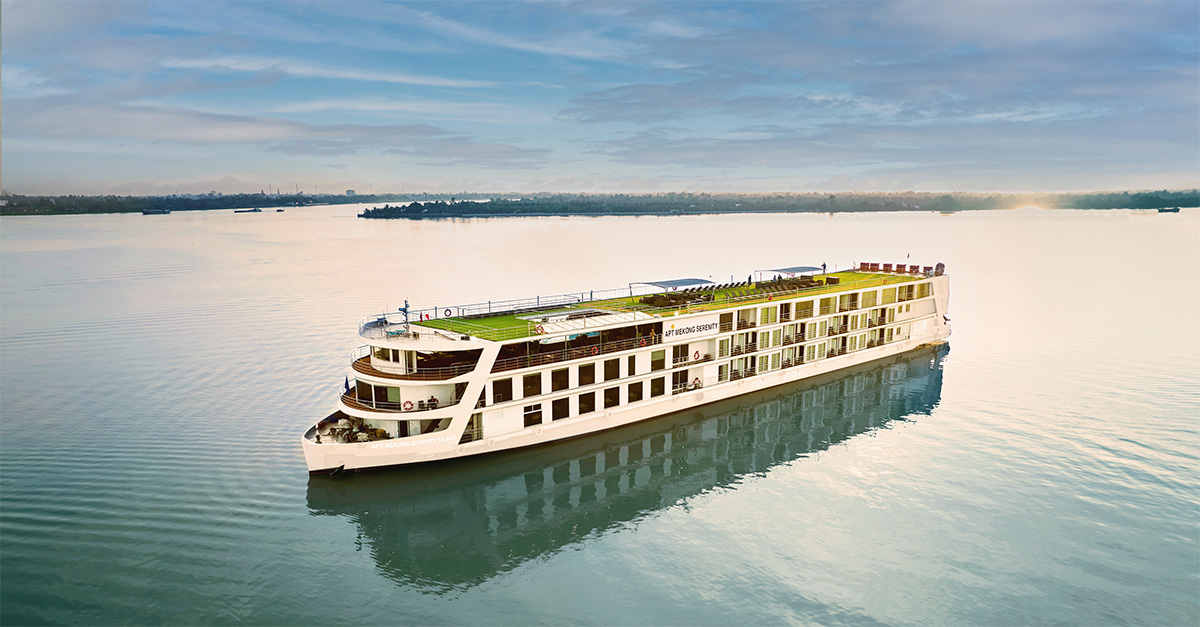The appeal of Portugal extends far beyond the beach, with culture, countryside and history keeping visitors interested.
The country’s rural interior is increasingly popular with travellers who enjoy staying in authentic family-run guest houses.
While the Algarve is famous for its world-class golf courses, there are many activities to entertain visitors. The central region attracts hikers and rock climbers, while surfers favour the north Atlantic coast.
And as Portugal is a small country, it’s possible to see a great deal in a short space of time.
Porto
Porto has 2,000 years of history, visible in its ancient city centre, which is filled with gothic and baroque buildings. The town has earned UNESCO World Heritage Site status.
The famous fortified wine, Port, hails from here, so visit a wine cellar for a tasting session. Learn more about the history of the drink at Vinho de Porto Manor House and Museum.
The Porto region’s open-air markets will also delight food fans. Other worthwhile activities include taking a boat trip on the Douro River and visiting the Museum of Modern Art.
Lisbon
Authentic and charming, Portugal’s capital is definitely worth a look. Attractions include the 16th-century Belem Tower and can be seen by every ship arriving into the city.
Saint Jorge’s Castle stands tall on Lisbon’s highest hill, offering sweeping views of the city. Surrounded by lush gardens of olive and pine trees, it’s possible to spot flamingoes, peacocks and swans here.
After dark, visit the waterfront area known as Expo for its flourishing bar scene, where you can dance or stand outside and watch football from one of the street’s huge TV screens. And don’t leave the city without taking a ride of the city’s old tram system.
The Algarve
Year-round sun and great beaches have established the Algarve as one of Europe’s most popular beach breaks.
Golfers flock to the Algarve for its 30 courses, varying from nine to 18 holes. Keen sailors can head to the marinas of Lagos, Portimao, Vilamoura and Albufeira while surfers can ride the waves at Vila de Bispo and Lagos.
The crystal clear waters are ideal for divers as there is great visibility, particularly in the resorts of Quarteira, Lagos and Sagres. The best beaches are in the south.
The Alentejo
Perfect for trekkers, this south-central region consists of endless fields of wheat and sunflowers interspersed with picture-perfect villages, while the west is made up of miles of unspoilt sandy beaches.
Cheese, wine, ham and sausage are produced here among the vast countryside. Sample the local cuisine at the cookery school of Refugio da Vila in Portel.
Check out the world heritage site of Evora for its city churches and rock carvings, and visit the country’s only hippodrome at the Roman town of Mirobriga.
Central Region
Mountains, sandy beaches, vineyards and vibrant towns make up the landscape of this scenic region. The area is famous for its fruity Bairrada and oaky Daos wines, Serra cheese and leitao – suckling pig.
In the centre of this wine-growing region is the lively town of Viseu which has a 17th-century cathedral and an 18th-century church. Built from granite, the Schist Villages are rich in history, having been fought over by the Spaniards and Portuguese, and various religious groups during their 900-year lifetime.
Madeira and Porto Santo
Thanks to its pleasant year-round temperatures, Madeira is known as the ‘land of permanent spring’. Portugal’s largest island is probably most famous for its wine, flowers and spectacular New Year’s Eve firework display.
The island is a hit with nature lovers drawn to its green and sub-tropical vegetation and mountainous landscape. Sitting 31 miles northeast of Madeira is the tiny island of Porto Santo, which has six miles of sandy beaches. Christopher Columbus lived here and it’s possible to visit his house – now a museum.




